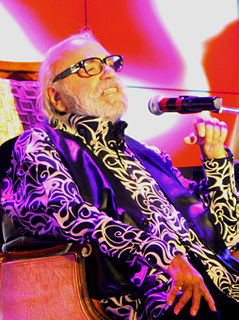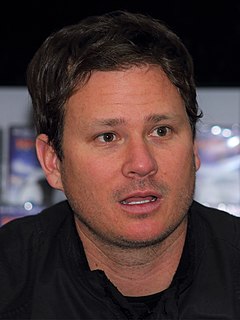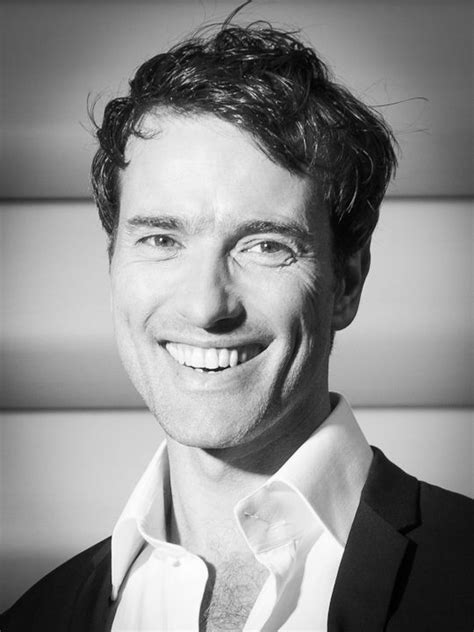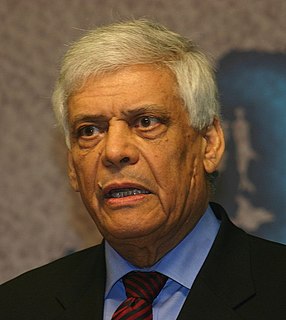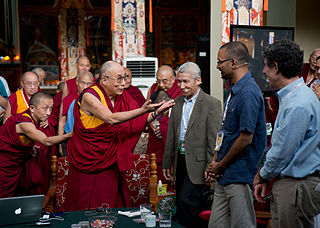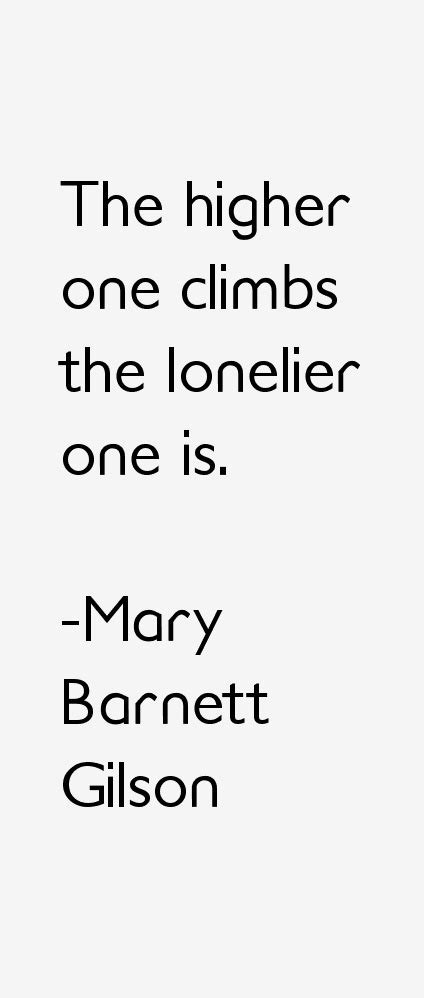A Quote by Demis Roussos
Everything that happens in the life of a human being, especially artists, who are supposed to be more sensitive, yes, it can affect you. In Lebanon I saw 10- and 12-year-old kids walking around with guns, and I understood how much human actions affect people.
Related Quotes
People expect artists to be too normal, I think. I've been around enough of them now to see that they're very extraordinary human beings who behave differently than ordinary human beings. If they weren't as sensitive as they are, they wouldn't be great artists. They are not the same as us. People should just learn to accept that.
Turgenev saw human beings as individuals always endowed with consciousness, character, feelings, and moral strengths and weaknesses; Marx saw them always as snowflakes in an avalanche, as instances of general forces, as not yet fully human because utterly conditioned by their circumstances. Where Turgenev saw men, Marx saw classes of men; where Turgenev saw people, Marx saw the People. These two ways of looking at the world persist into our own time and profoundly affect, for better or for worse, the solutions we propose to our social problems.
There is a good deal of art that in some traditions of conceptual work are anti-affect, in fact a very large chunk of mainstream art after 1950 took against affect art altogether because they said, "No, we hate affect art because this is how we get manipulated by totalitarianism and therefore artists shouldn't play that game." And a lot of artists agreed to play that game, which I personally believe is to the loss of art.
When we choose to be parents, we accept another human being as part of ourselves, and a large part of our emotional selves will stay with that person as long as we live. From that time on, there will be another person on this earth whose orbit around us will affect us as surely as the moon affects the tides, and affect us in some ways more deeply than anyone else can. Our children are extensions of ourselves.
How Human beings are, that is how the society will be. So, creating human beings who are flexible and willing to look at everything rather than being stuck in their ideas and opinions definitely makes for a different kind of society. And the very energy that such human being carry will influence everything around them.
